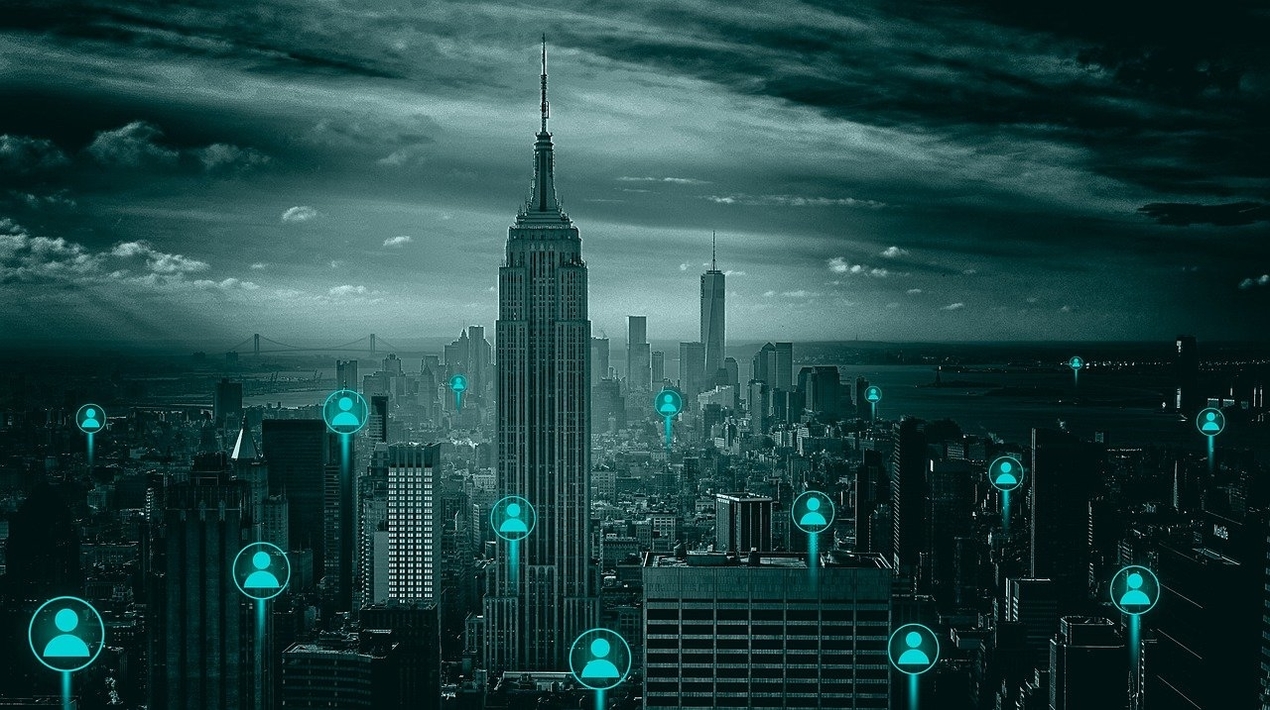
The proliferation of public WiFi hotspots in rural and urban areas will lead to increased employment for micro and small entrepreneurs by providing them with additional sources of income, Department of Telecommunication (DoT) Secretary, K Rajaraman, recently stated. He was speaking at the 3rd WiFi India Virtual Summit 2022, organised by the BroadBand India Forum. Rajaraman said that telecom and Internet service providers would also benefit from the sale of Internet recharge vouchers to public data offices.
Developments under the scheme have been steady with already more than 56,000 access points deployed and there is still scope to further develop the WiFi ecosystem in the country. By a conservative estimate of each hotspot enabling 2-3 direct and indirect employment opportunities, the creation of ten million hotspots would potentially generate 20-30 million job opportunities in the small and medium scale sectors. Setting up these hotspots is in line with NDCP (National Digital Communications Policy) targets for 2022.
According to a news report by The Indian Express, in December 2020, the Union Cabinet had, in a bid to improve wireless Internet connectivity across the country, approved the setting up of public WiFi networks across the country. WiFi is provided through public data offices (PDOs) for which are no licence, registration, or any other fees are required. The scheme, the Prime Minister WiFi Access Network Interface (PM- WANI), envisaged the setting up of PDOs and PDO aggregators that look after the authorisation and accounting of PDOs. The idea of a PDO was first floated by the Telecom Regulatory Authority of India (Trai) in 2017. Six months later, it set up the initial pilot project for PDOs, in which private tech giants, as well as the government’s Centre for Development of Telematics (C-DOT) had participated.
Like a PCO, the PDO allows users to connect to a public WiFi system for a limited session depending on the Internet pack chosen by the user. These internet packages can either be charged per minute or per hour by the PDOs. In the 2018 test model, Trai wanted users to be able to buy “sachet-sized” Internet plans, which varied between IN₹2 (US$0.027) and IN₹20 (US$0.27) and can be used anytime.
Recently, Trai announced that there will not be any safety issues to an aircraft flying over India due to the upcoming 5G mobile services. It emphasised that the new-age technology is safe for planes in the country. Recently, several flights to the US were cancelled or rescheduled as airlines feared that the 5G phone service could pose a risk to aircraft instruments. Assuring that 5G services won’t be a problem for planes in India, an official told reporters that prima facie, there are no problems for the aviation industry within India over 5G spectrum rollout.” The auctions for 5G spectrum in India are expected to happen later this year, following which the rollout will happen over the next two years.
















